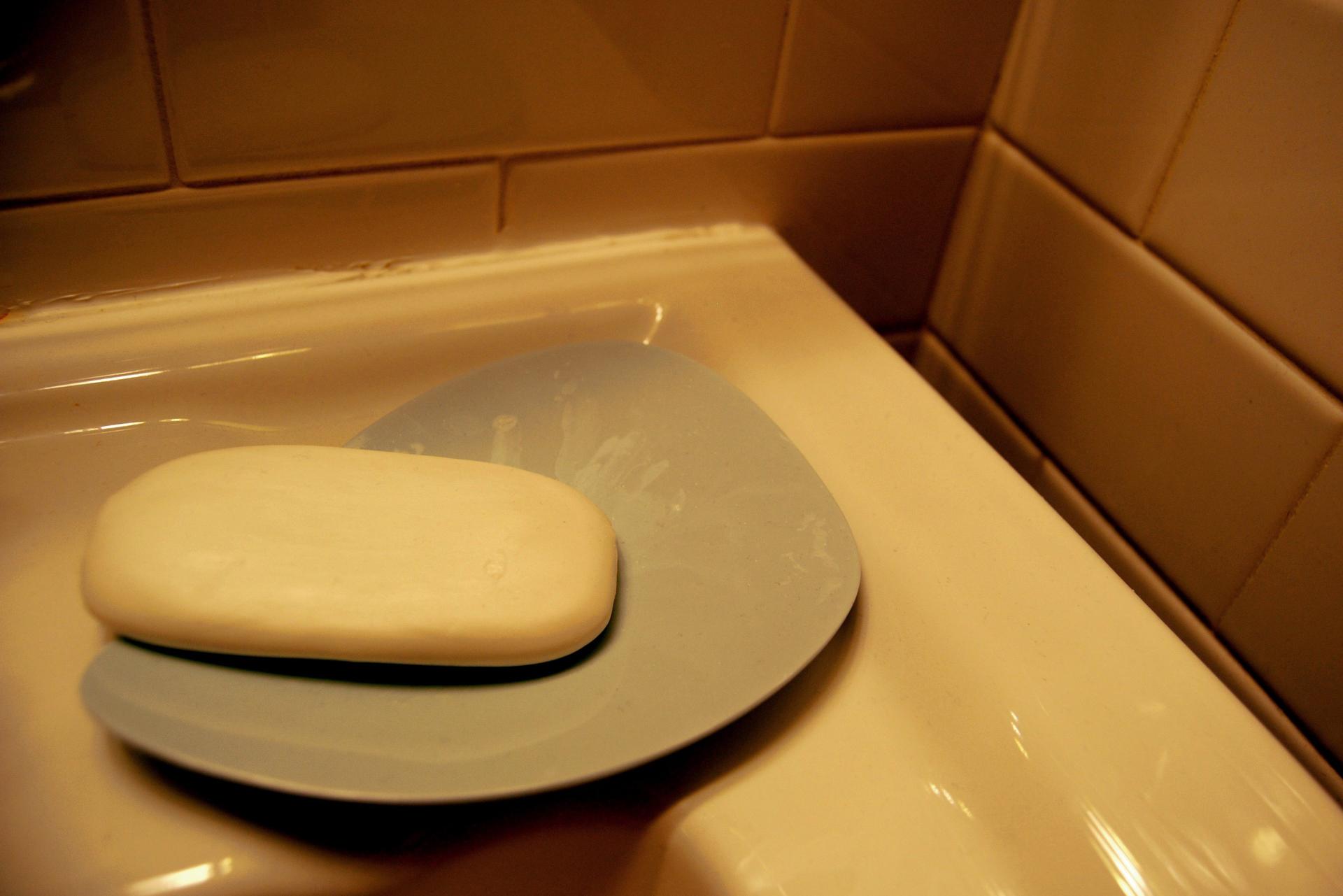Is a common soap ingredient damaging human muscle function?
A new study linked the soap ingredient Triclosan to reduced muscle function in fish and mice.
The chemical Triclosan, commonly found in soaps and mouthwash, has been found to impair muscle contractions in mice and fish.
The antibacterial chemical, which has become not only common in household products but also in the human body, was first produced to fight bacterial infections in hospitals, said Smithsonian.
Researchers at UC Davis warned that the findings may also have human repercussions.
"These findings provide strong evidence that the chemical is of concern to both human and environmental health," said UC Davis professor and study author Isaac Pessah, reported CBS News.
The study first used electrical stimulation on human muscle cells and found that when the cell was exposed to Triclosan, they failed to contract, reported Smithsonian.
In live mice, heart muscle function was reduced by a quarter with only one exposure to the chemical, while minnows saw their swimming function decrease with exposure to the chemical after one week.
Fox News reported that Pessah also said that the chemical was slowly becoming prevalent both in the environment and in the human body with no real understanding of the consequences.
Indeed, one million pounds of the chemical are produced annually in the United States with factories unable to fully contain its leakage into the environment, the Environmental Working Group has warned.
“Its production levels are quite high, and the levels in humans have been increasing since it was first used as an antibacterial agent in the early ‘70s," said Pesah, reported Fox News.
"So the body levels in humans – including plasma, urine and breast milk – have been steadily increasing.”
The findings were published in the journal Proceedings of the National Academy of Sciences.
Our coverage reaches millions each week, but only a small fraction of listeners contribute to sustain our program. We still need 224 more people to donate $100 or $10/monthly to unlock our $67,000 match. Will you help us get there today?
